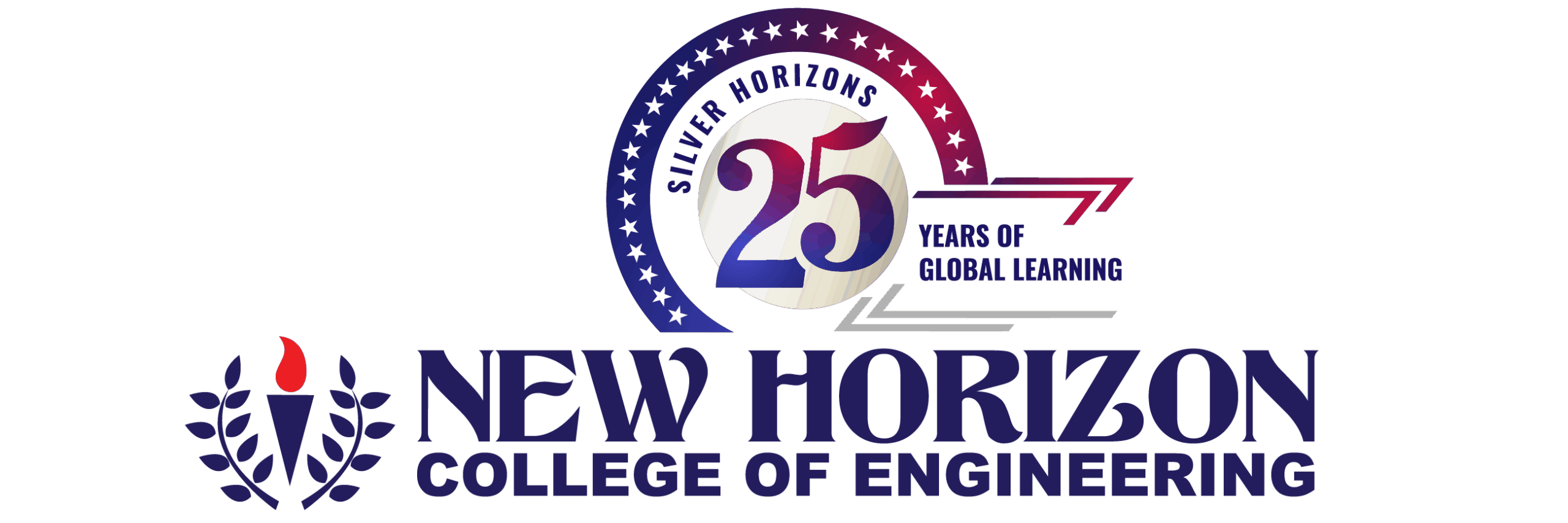PEO / PO / PSO
PROGRAM EDUCATIONAL OBJECTIVES (PEOs)
PEO 1
To produce graduates with understanding of fundamentals and applications of Electronics and Communication Engineering.
PEO 2
To hone graduates with ability to apply, analyze, design and develop electronic systems.
PEO 3
To enhance graduates with latest technologies to enable them to engineer products for real world problems in Electronics & Communication.
PEO 4
To build leadership qualities, management skills, communication skills, moral values, team spirit and lifelong learning ability for the graduates.
PROGRAM SPECIFIC OUTCOMES (PSOs)
PSO 1
To demonstrate the ability to design and develop complex systems in the areas of next generation Communication Systems, IoT based Embedded Systems, Advanced Signal and Image Processing, latest Semiconductor technologies, RF and Power Systems.
PSO 2
To demonstrate the ability to solve complex Electronics and Communication Engineering problems using latest hardware and software tools along with analytical skills to contribute to useful, frugal and eco-friendly solutions.
PROGRAM OUTCOMES (POs)
B.E graduate should possess the following Program Outcomes.
PO 1: Engineering knowledge
Apply the knowledge of mathematics, science, engineering fundamentals and an engineering specialization to the solution of complex engineering problems in Electronics and Communication Engineering.
PO 7: Environment and sustainability
Understand the impact of the professional engineering solutions of Electronics and Communication Engineering in societal and environmental contexts, and demonstrate the knowledge of, and need for sustainable development.
PO 2: Problem analysis
Identify, formulate, review research literature, and analyze complex engineering problems in Electronics and Communication Engineering reaching substantiated conclusions using first principles of mathematics, natural sciences, and engineering sciences.
PO 8: Communication
Communicate effectively on complex engineering activities with the engineering community and with society at large, such as, being able to comprehend and write effective reports and design documentation, make effective presentations, and give and receive clear instructions.
PO 3: Design/development of solutions
Design solutions for complex engineering problems and design system components or processes of Electronics and Communication Engineering that meet the specified needs with appropriate consideration for the public health and safety, and the cultural, societal, and environmental considerations.
PO 9: Conduct investigations of complex problems
Use research-based knowledge and research methods including design of experiments in Electronics and Communication Engineering, analysis and interpretation of data, and synthesis of the information to provide valid conclusions.
PO 4: Modern tool usage
Create, select, and apply appropriate techniques, resources, and modern engineering and IT tools including prediction and modelling to complex engineering activities in Electronics and Communication Engineering with an understanding of the limitations.
PO 10: The engineer and society
Apply reasoning informed by the contextual knowledge to assess societal, health, safety, legal and cultural issues and the consequent responsibilities relevant to the professional engineering practice in Electronics and Communication Engineering.
PO 5: Project management and finance
Demonstrate knowledge and understanding of the engineering and management principles and apply these to one’s own work, as a member and leader in a team, to manage projects and in multidisciplinary environments.
PO 11: Life-long learning
Recognize the need for, and have the preparation and ability to engage in independent and life-long learning in the broadest context of technological change.
PO 6: Ethics
Apply ethical principles and commit to professional ethics and responsibilities and norms of the engineering practice.
PO 12: Individual and team work
Function effectively as an individual, and as a member or leader in diverse teams, and in multidisciplinary settings.

